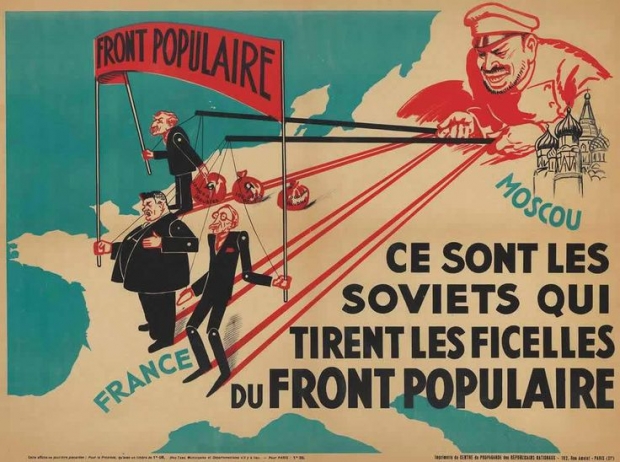The social notworking site said it wanted to "reduce the spread of material generated through inauthentic activity, including spam, misinformation, or other deceptive content that is often shared by creators of fake accounts".
It said it is removing sites with the highest traffic.
Facebook and French media are also running fact-checking programs in France to combat misleading information, especially around the campaign for the two-round April 23-May 7 presidential election.
European authorities have also pressured Facebook and Twitter to remove extremist propaganda or other postings that violate European hate speech or other laws.
Facebook got into hot water during the US election after it was accused of not doing enough to prevent the spread of false news in the months leading up to the US election. Since December, the company has widened its efforts beyond the US.
Last week, it launched a resource to help users spot false news in 14 countries including the US, France and Germany. It is a notification, available for a few days, that leads users to a list of tips for spotting false news and ways to report it.




